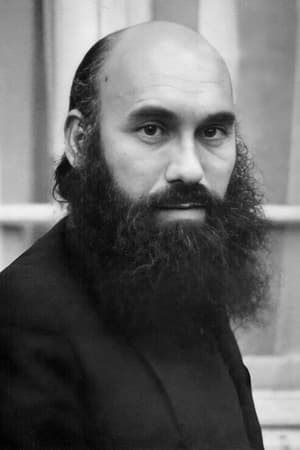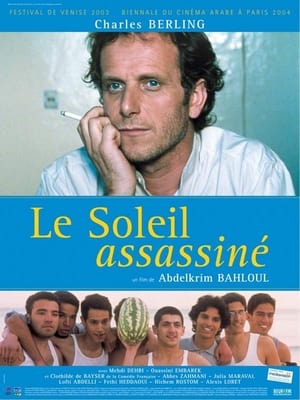
Jean Sénac
Personal Info
Known for
Acting
Gender
Male
Birthday
1926-11-29
Day of Death
1973-08-18 (46 years old)
Place of Birth
Béni Saf, Algeria
Jean Sénac
Biography
Jean Sénac (جان سيناك), born in Béni-Saf in Algeria, on November 29, 1926 and assassinated in Algiers on August 30, 1973 (without the case being clarified), is an Algerian Christian, socialist and libertarian poet. In 1955 he joined the cause of Algerian independence.
Originally from Catalonia, his maternal grandfather, Juan Comma, came to Algeria to work in the Béni-Saf iron mine. Jean Sénac, who did not know his father, perhaps a gypsy, bore the name of his mother, Jeanne Comma (1887-1965), until the age of five and his recognition by Edmond Sénac. He spent his childhood and adolescence in Saint-Eugène, a working-class district of Oran. Demobilized in March 1946, Jean Sénac found work as a secretary in a business house in Belcourt, staying with cousins in Bab El Oued. In June 1946 he founded the Lélian artistic and literary circle of which he was president. The same year he met Emmanuel Roblès, the sculptor André Greck, the architect and painter Jean de Maisonseul, and in 1947 Sauveur Galliéro, Louis Nallard, Maria Manton, Louis Bénisti on whom he published articles in “ Republican Oran”. In October 1952, he resumed his activity as a radio broadcaster. Bringing together in its editorial committee Mohammed Dib, Sauveur Galliéro, Jean de Maisonseul, Mouloud Mammeri, Albert Memmi and Louis Nallard. In the midst of the Arabization of the country, culture and language, the manifesto of Sénac (to whom Algerian literature in French writing is largely indebted for a work of updating and theorization, which did not exist ) appears as a final provocation for which its author will pay dearly: little by little, almost all doors close, not those of people, but of state organizations without which nothing is possible in a country living under the sign of statism. This manifesto calls for a Mediterranean, united, socialist, egalitarian, Arab, Berber and pied-noir Algeria, with Arabic, Berber and French scripts. Kateb Yacine then said nothing else (in Les Lettres françaises, 1963): “There is no Berber Algeria, there is no Arab Algeria, there is no French Algeria : there is an Algeria. It is a very rich nation to the extent that it is multinational.”
“Algerian poet of French writing”, as he defined himself, died murdered in his cellar-lookout in Algiers, on the night of August 29 to 30, 1973. Jean Sénac was the first martyr in a horrible list . The French did not forgive him for having been a member of the F.L.N. during the War of Independence; and the Algerian government had difficulty supporting its very critical positions with regard to the bureaucratic system in place. Jean Sénac was a completely undesirable man. His audience with young people, his life, his homosexuality, his freedom of speech in political or cultural matters, the repercussions abroad of his judgments on Algeria, made him an embarrassing character for many people. There are therefore many people who could benefit from crime. Jean Sénac felt this death lurking: Why follow this trail – everything is concluded in advance – when you wash my face – the sun will no longer be there.
Known For
Acting
(2011)
Sénac, Jean. Algérien, Poète
as Self (archive footage)
(2004)
The Sun Assassinated
as (relative character)
(2003)
Jean Sénac, The Blacksmith of the Sun
as Self (archive footage)
(1967)
A Propos D'Un Crime
as Self



